‘Patriotic fans are a very tough group to control’
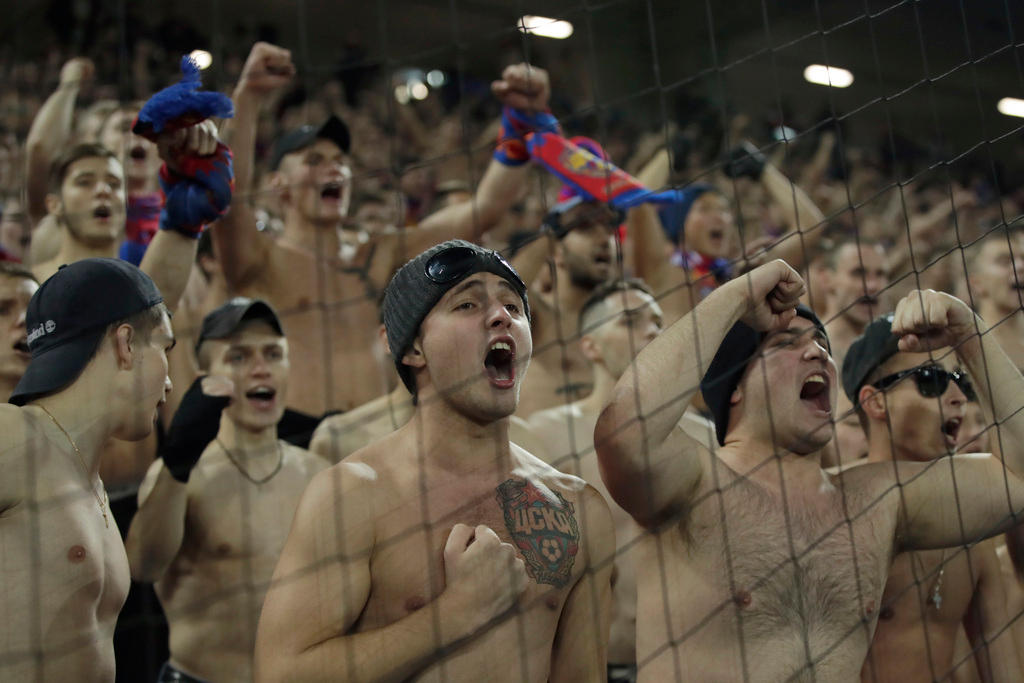
Who are the Russians? How much do they care about football? And is it all going to kick off at the FIFA World Cup, which begins in Moscow on Thursday? Ulrich Schmid, professor of Russian society and culture at the University of St Gallen, gives his opinion.
This is a shortened version of an interview Schmid originally gave to the St Galler Tagblatt newspaperExternal link.
Is there still such a thing as a Russian soul?
Ulrich Schmid: The Russian soul is an invention of the West. People have always liked to romanticise the spiritual people in Russia, whose soul reflected the expanse of the landscape. But Russia is an old European ‘Kulturnation’ [a community of people who feel connected by language, culture, traditions and religion] which has been significantly influenced by various artistic periods, such as the avant-garde and modernism.
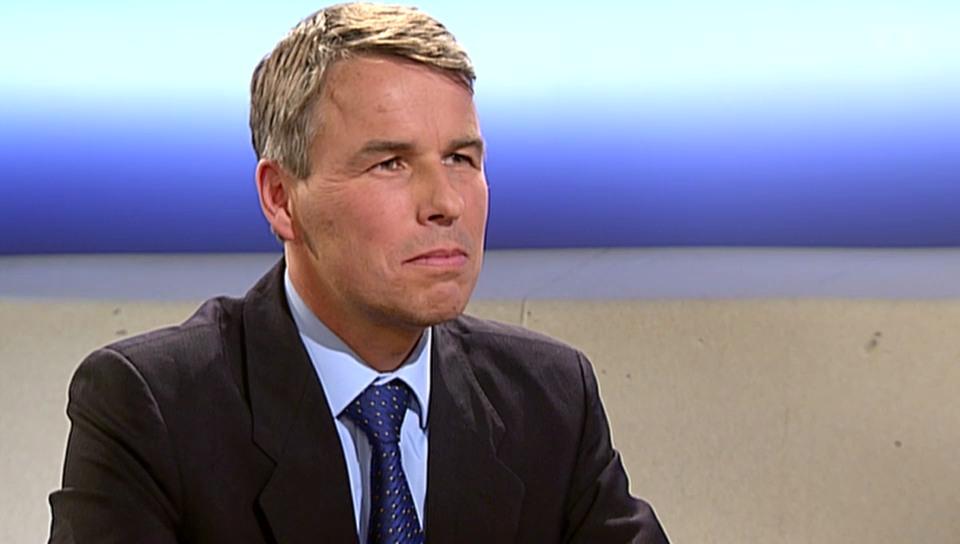
In the current tense political situation, there is of course a deviating strategy of nationalistic self-portrayal. The Kremlin claims Russia is a unique civilisation with not only its own interests but also its own values.
What is important for young Russians today?
U.S.: The Russian youth is closely linked to Western pop culture by social media, cinema and television series. Young people in Russia and Western Europe have similar dreams and ideals. They all belong to Generation Y – that is, a generation that wants to live in a fair society which they can help shape.
What is currently the biggest problem affecting Russian society?
U.S.: The biggest problem is the fact that the Kremlin has moved Russian society into having an intellectual siege mentality. The mood in the media is tense. The state controls all the important television channels. The public is talked into believing that the West has a hostile attitude towards Russia and doesn’t want Russia to have a strong position in world politics.
What social value does football have in Russia?
U.S.: According to a survey in 2013 by the independent Levada Centre, 63% of respondents said they had absolutely no interest in football. It’s not a mass phenomenon like in Germany, Italy, England or Brazil. One reason is that the Russian team has never done particularly well in international tournaments [it has only ever won two World Cup matches – in 1994 and 2002]. Russia is more of an ice hockey country.
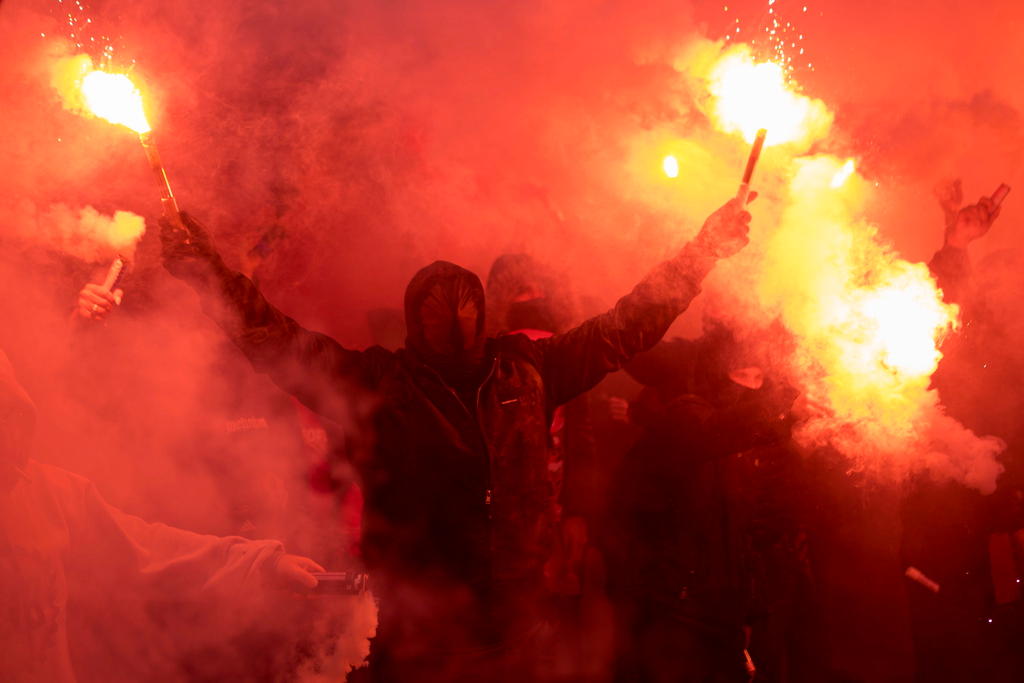
More
Swiss anti-hooligan experts dispatched to Russia
Here’s a prediction: The World Cup will be a success – above all for President Putin.
U.S.: The World Cup of is of course a prestige project for Putin. But ultimately every country puts on a World Cup or European Cup mostly for symbolic reasons – to promote their standing around the world. Russia’s no exception there.
Riots and racism are common occurrences in Russian stadiums. Have the authorities got the hooligans under control?
U.S.: Hooligans are a problematic group in every country. There are fans who genuinely love the football, and there are violent splinter groups. In recent years it’s been noticeable how the Kremlin has identified – and supported – potential supporters of its patriotic strategy in society. For example the “Night Wolves” motorcycle club, which originally belonged to the underground scene but which now openly lends its support to the Kremlin’s nationalistic and religious ideals.
A similar thing can be seen in the football scene. However, the patriotic fans are a very tough group to control. The Kremlin must watch out that there aren’t counterproductive effects. A massive police presence is therefore expected at the World Cup.
What would you like to see, for Russia, at this World Cup?
U.S.: I’d like the country to experience a football fairy tale and for the World Cup to contribute to the easing of tension. I hope it becomes clear to the Russian public when they meet the many guests that the West is not an enemy and that Europe has a well-meaning attitude towards Russian citizens.
In an ideal scenario, this World Cup will have the same effect as the Moscow Youth Festival in 1957, when hostile ideologies played absolutely no role – there was intensive contact between people from both sides of the Iron Curtain.
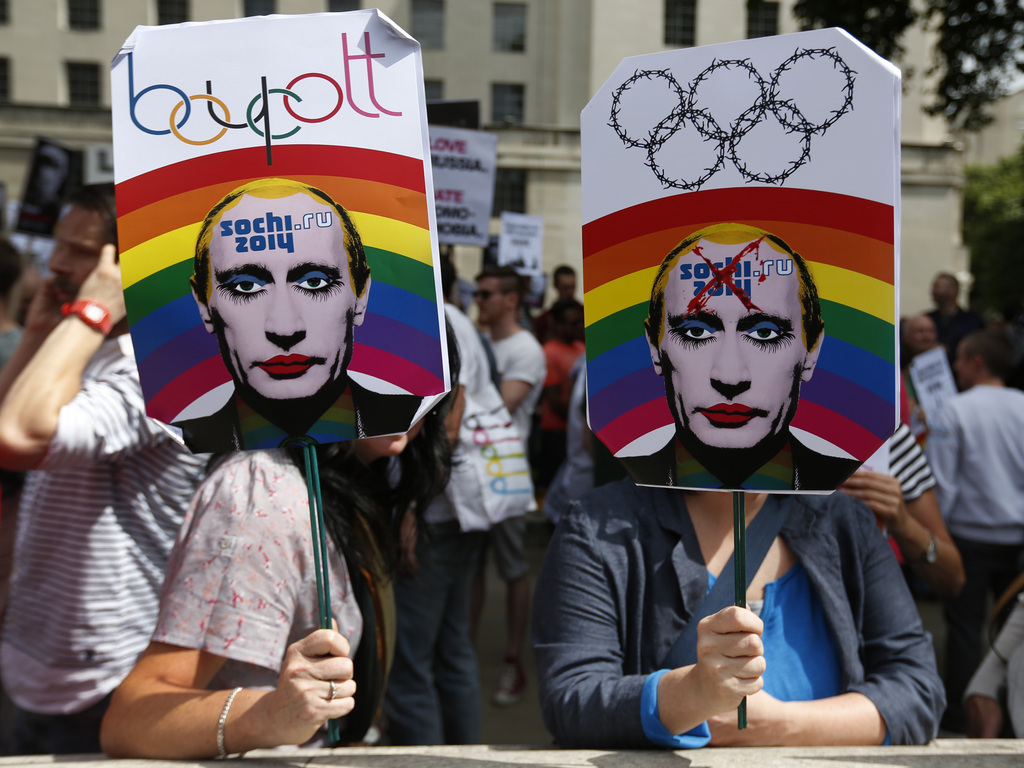
More
Human rights in spotlight at ‘Putin’s Games’
(Adapted from German by Thomas Stephens)

In compliance with the JTI standards
More: SWI swissinfo.ch certified by the Journalism Trust Initiative
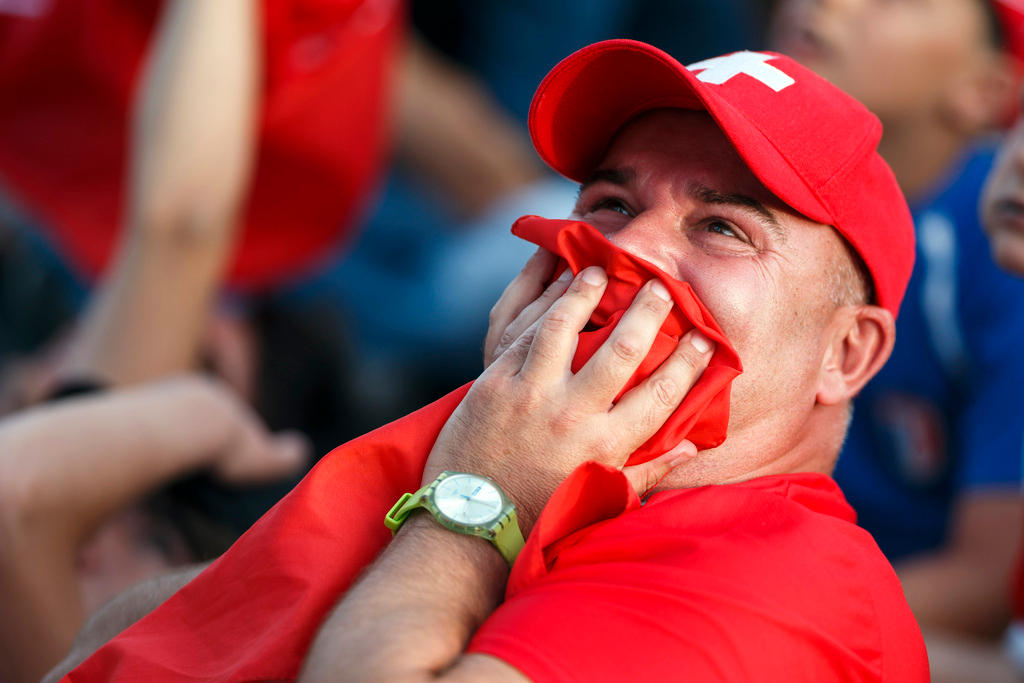
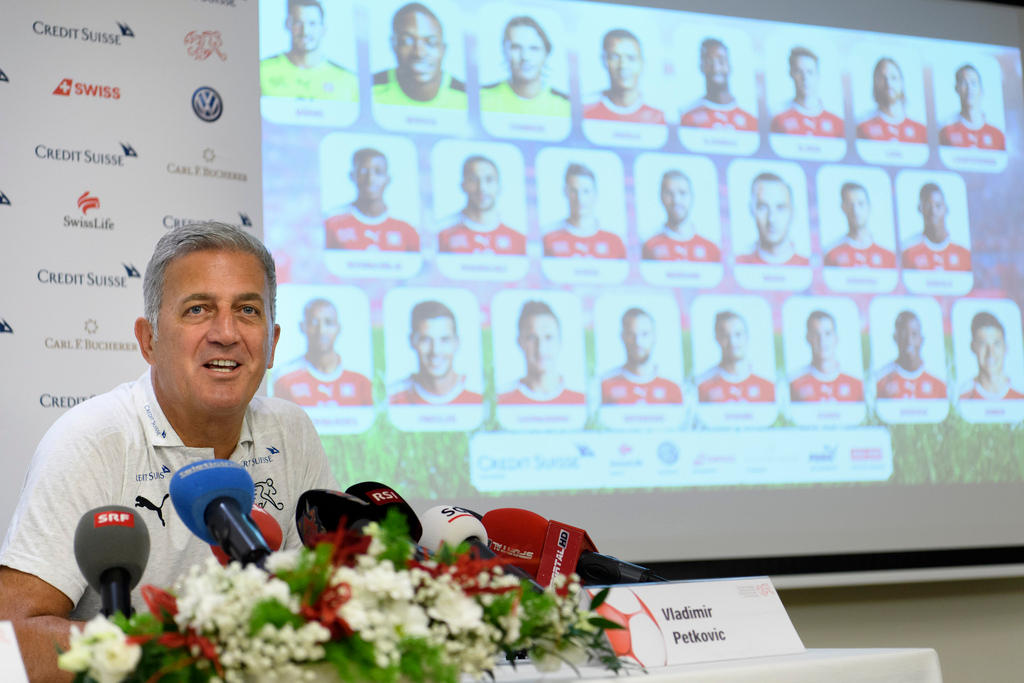
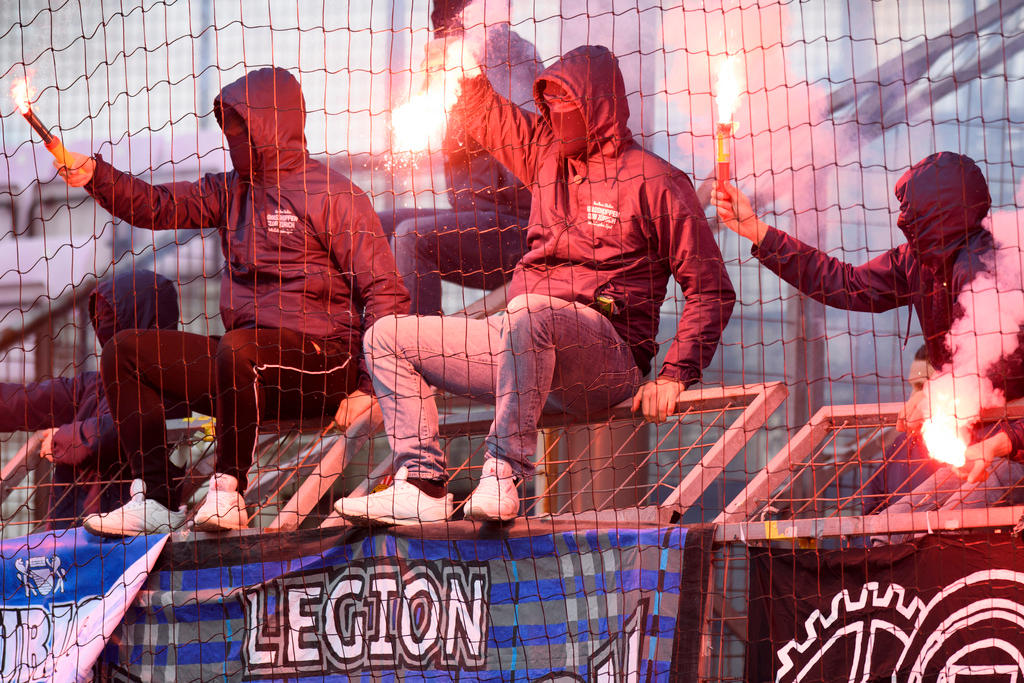
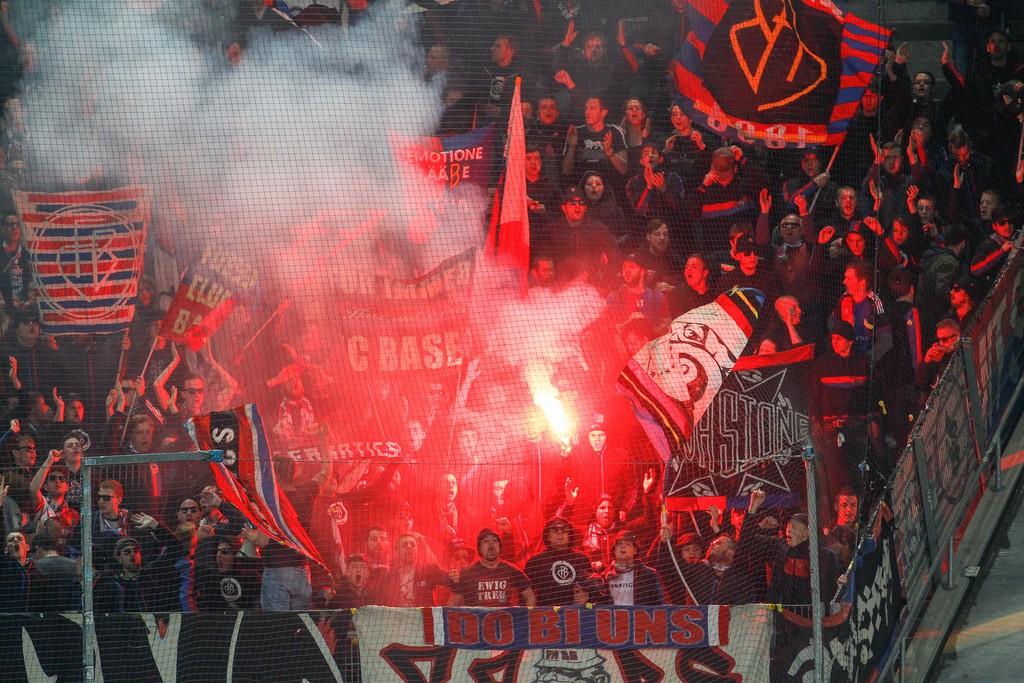
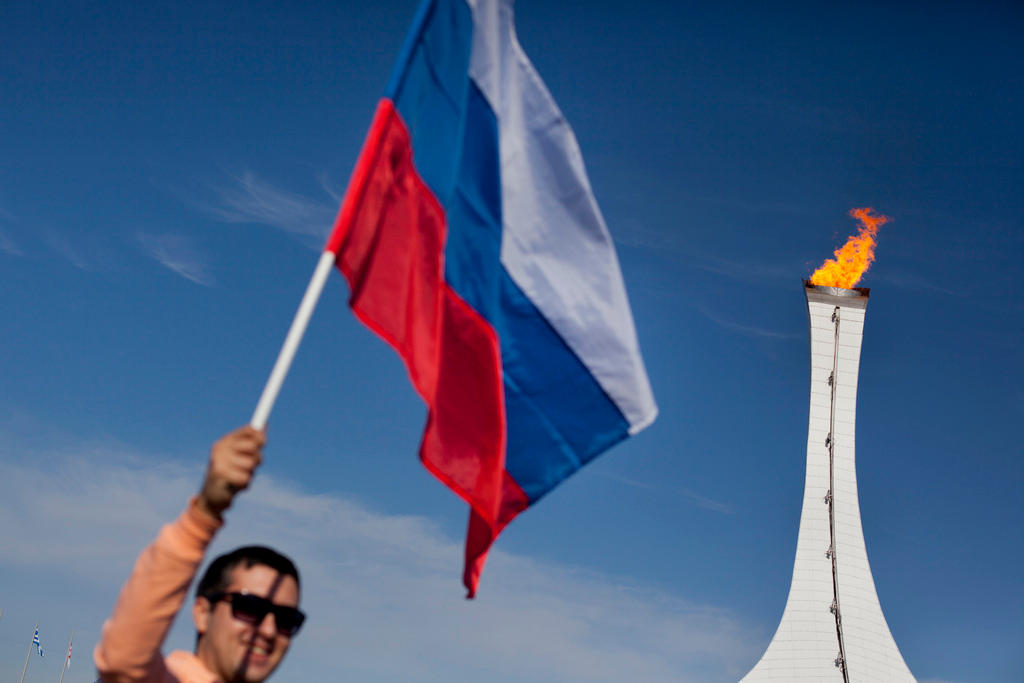

You can find an overview of ongoing debates with our journalists here. Please join us!
If you want to start a conversation about a topic raised in this article or want to report factual errors, email us at english@swissinfo.ch.